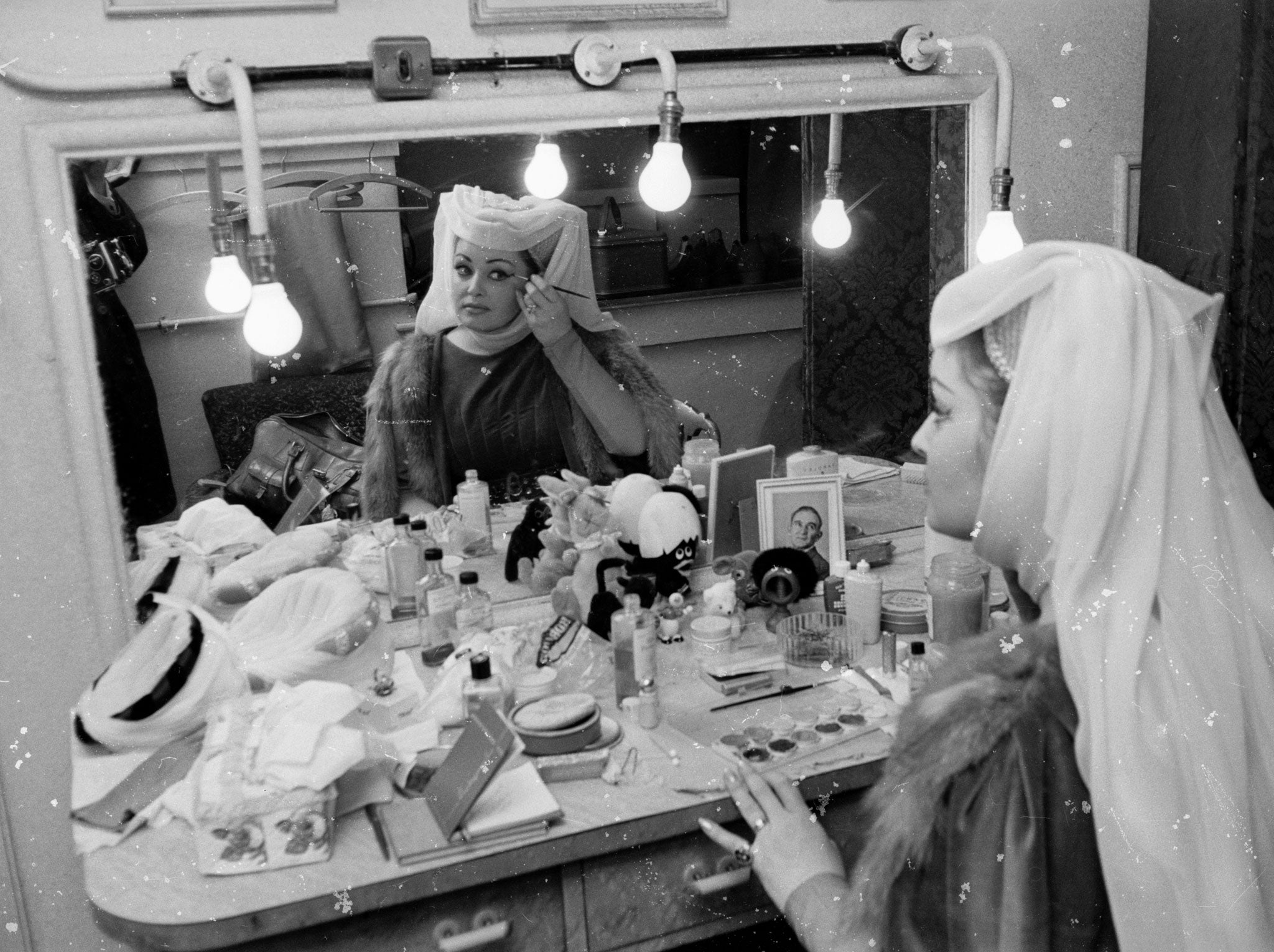Music brings the world together. Except when it’s Wagner
Dame Gwyneth Jones, the super-soprano who nailed Brunhilde has been asked to step down as president of the Wagner Society. Did she go quietly? What do you think?


One of the worst operatic encounters I ever had was at 30,000ft. I was flying into Bayreuth to interview the great Daniel Barenboim, who was scheduled to conduct Tristan und Isolde that afternoon at the famous Festspielhaus.
Beside me sat an initially pleasant Bavarian hausfrau in a sensible hat, who talked at length about how music can “work magic in creating joyful feelings”, can bring enemies together in harmony, can bring a soothing balm to the pain of being human et cetera. I told her how pleased I was to be interviewing maestro Barenboim, though I knew him only as a piano player rather than a conductor.
She looked at me sharply. “And you are a student of Wagner, yes?”
“Well not really,” I admitted. “Though I love the overture to Tannhauser. And the Ride of the Whatchamacall’ems. Valkyries.”
“I see,” she said. Frost began to form on her maternal bosom. You could hear an awful suspicion growing in her heart. “Und have you then a ticket for Tristan und Isolde this afternoon?”
“Actually yeah,” I said, “As a matter of fact…”
“Whaaaat?” She practically whacked me with her sensible hat. “For 15 YEARS I have applied for a ticket, and each time zer answer comes back, no ticket but TRY AGAIN next year. So I try again because of my deep love for Wagner, and they say, Nein, Anna, tickets are like gold dust, but NOW I find zat YOU, an Englishman who knows NOZZING about Wagner, YOU are given a ticket to Bayreuth…”
I had to sit beside her smouldering fury for another half-hour. I mention this embarrassing episode to illustrate how fiery indeed are the passions music provokes – especially Wagner’s. This year is the 200th anniversary of his birth, the Bayreuth concert season is starting on 25 July – and a row of Rheingoldian proportions is reaching its thunderous climax at the Wagner Society.
The society’s been around for 60 years, founded by a Ring-loving army major called Harry Edmonds, to promote “knowledge, understanding and appreciation” of the great Dick W and his works. For the last 23 years, its presidential throne has been occupied by the regal figure of Dame Gwyneth Jones, the Welsh super-soprano who’s sung in every major opera-house in the world and nailed the part of Brunhilde – breastplates, plaits, spear, the lot – at Bayreuth every year from 1975-80.
She’s now 75 and, according to the Society’s committee, is becoming increasingly “dictatorial”. There have been disputes among the top brass about the cancellation of the society’s Wagner Bursary Competition, to send young musos to the Bayreuth Festival, because it was deemed a “waste of money,” and this week they sent a letter to its members declaring war: “The committee finds itself in fundamental disagreement with the president… over how the society should be run. We believe it is time for the president to stand down and we have suggested that she do so. She has not responded.” The committee has called a special general meeting on 11 July, in which to boot her out.
Dame Gwynnie says, however, that she wasn’t officially invited to it. She heard about the meeting from a friend. And how did she respond? Did she go quietly? Did she bow to committee pressure? Did she hell. She strapped on her metaphorical breastplate. She wrote emails to her army of friends, asking them to contact any Wagner Society subscription-payers they know, and tell them to show up at the SGM next month, ready for a fight. Oh, and she’s talking with lawyers about suing the society’s chair and treasurer for possible defamation. No-one mucks about with Brunhilde Jones.
Ah, the magic of music that creates joyful feelings (as my German friend on the plane explained to me) and brings a soothing balm to the pain of being human. How very true that is.
No words to excite like ‘pop memorabilia’
A Lancashire company called Tracks is advertising for “Beatles and pop memorabilia”, with the promise that “£60,000-plus paid for Beatles Signed Sgt Pepper LP, £2,000 for Beatles autographs. Any Rare Items Considered.”
Clearly inspired by the high prices regularly spent at Bonham’s on Jimmy Page’s violin bow or Brian May’s underpants, the company is bypassing the auction houses and soliciting British baby-boomers directly. Can you imagine the flurry of activity across the land, as fifty and sixtysomething chaps nip up to their attics to dig out their ancient LP collections in search of something floggable?
Of course there’s not a chance in hell that they’ll find a copy of Sgt Pepper festooned with signatures; but the phrases “pop memorabilia” and “rare items” are very expandable ones. Peter Gabriel once signed a Genesis album for me after a concert at Wimbledon Town Hall. That’s got to be worth a hundred quid. I have the first Velvet Underground and Nico LP with the cover featuring a banana you could peel off (later versions dispensed with the applique) – shall we say 50 quid? And probably the only copy purchased in south London of Mick Farren’s Vampires Stole My Lunch Money, guest-starring Wilko Johnson and Chrissie Hynde. What? Not “rare” enough for you?
Join our commenting forum
Join thought-provoking conversations, follow other Independent readers and see their replies
Comments
Bookmark popover
Removed from bookmarks